What Is Mudjacking? 7 Reasons It Doesn’t Work
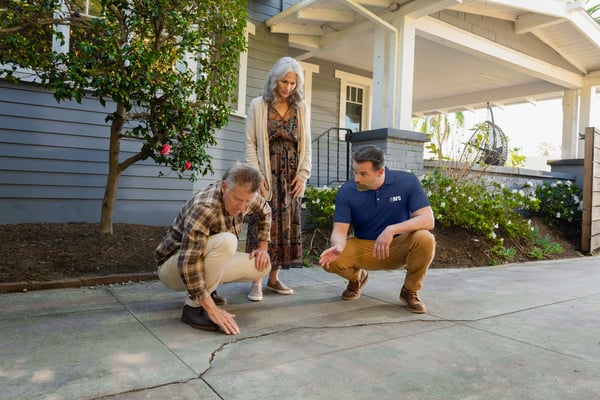
Concrete damage is a common issue in homes. While mudjacking is a viable solution, the repair method has several significant drawbacks.
This page outlines the problems associated with mudjacking and introduces a superior solution: polyurethane injection. Learn more about a better, long-term approach to concrete lifting.
What is Mudjacking?
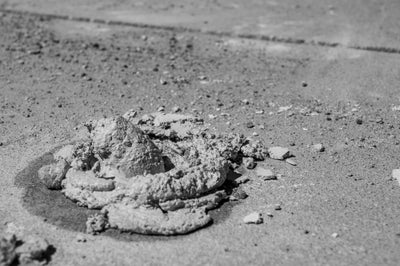
Mudjacking is a decades-old concrete repair method that lifts and stabilizes sinking concrete slabs, such as driveways, sidewalks, and patios. The process involves drilling holes into the affected concrete and pumping a slurry blend of water, soil, sand, and cement beneath the slab. This mixture fills voids, raising the concrete to a level position.
Despite its widespread use, mudjacking has several drawbacks that limit its effectiveness and longevity. These limitations led to the development of alternative concrete repair methods that address the shortcomings of this traditional approach.
Why Doesn’t Mudjacking Work?
Mudjacking is not the best long-term solution for concrete damage. Here are 7 of the most common reasons why:
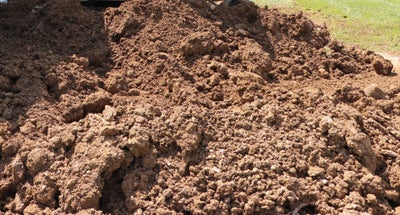
1: Temporary Solution
Mudjacking is not a permanent solution because it does not address the underlying causes of damage. Over time, the soil beneath the slab will likely continue settling, necessitating repeated repairs.
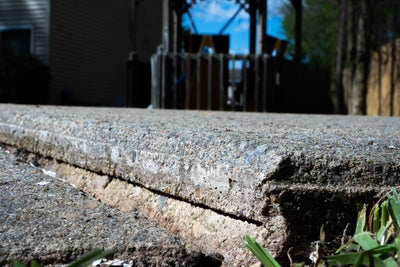
2: Counteracts Structural Support
The heavy mudjacking slurry adds significant weight to concrete. Improper installation may exacerbate soil erosion and settlement, increasing further concrete damage.
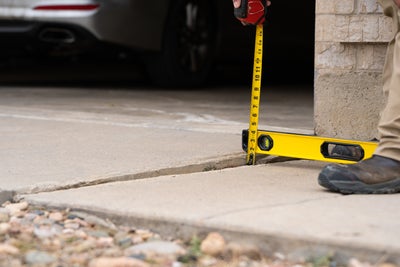
3: Uneven Lift
Mudjacking often produces an uneven lift as the slurry injection expands and contracts during drying, creating difficult-to-control lifting areas.
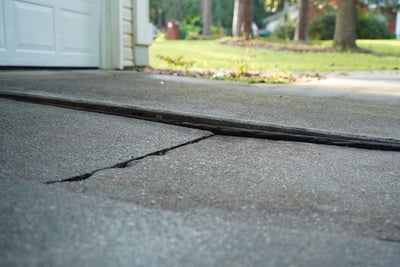
4: Aesthetic Drawbacks
Mudjacking is messy and leaves visible signs of repair. Large drilled holes remain apparent, and the injected slurry can splatter, staining the surrounding area.
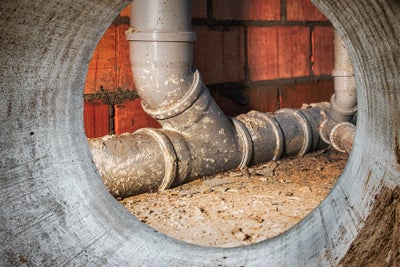
5: Utility Damage
The injection pressure can damage underground utilities, such as water pipes and electrical lines, leading to costly repairs and inconvenience.
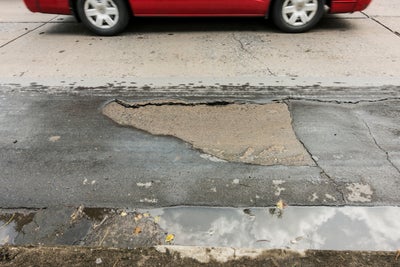
6: Limited Warranty Coverage
Mudjacking warranties are often limited, covering contractor errors, not future settlements or concrete cracks.
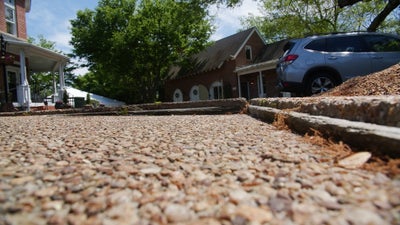
7: Not Eco-Friendly
Non-biodegradable mudjacking materials negatively impact the surrounding soil and ecosystem. The required heavy machinery also contributes to carbon emissions and noise pollution.
What is the Best Method for Concrete Lifting?
PolyRenewal™ polyurethane injection is the superior alternative to mudjacking. This concrete repair method involves injecting a polyurethane foam beneath the slab. The lightweight foam fills voids and raises the slab, providing robust support. PolyRenewal™ offers the following benefits:
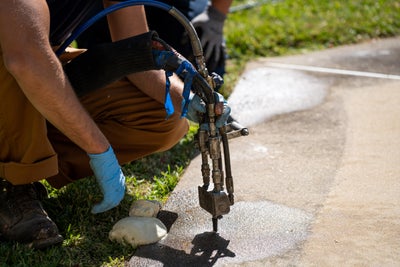
- Durable and Long-Lasting Repair: PolyRenewal™ is a permanent repair solution that addresses the underlying causes of concrete settlement and prevents further soil erosion and instability.
- Environmentally Friendly: The polyurethane foam is eco-friendly and does not require excavation or invasive heavy machinery, reducing carbon emissions.
- Minimal Disruption: The noninvasive injection process requires small, dime-sized holes. Compared to mudjacking, this means less mess and disruption to your property.
Why is Concrete Repair Necessary?
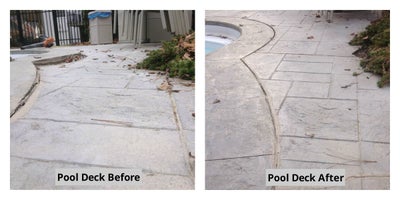
Concrete repair enhances property safety, appeal, and value. Over time, weather, heavy loads, and poor initial installation cause concrete deterioration.
Neglect worsens this deterioration and leads to increased repair costs. However, DIY fixes often lack the proper materials, resulting in temporary solutions that may exacerbate the damage.
Professional repairs use reliable techniques and durable materials, ensuring lasting results that address the underlying issues. Contact a concrete repair expert for peace of mind and a durable, long-term solution.
Contact Groundworks for Expert Concrete Lifting Service
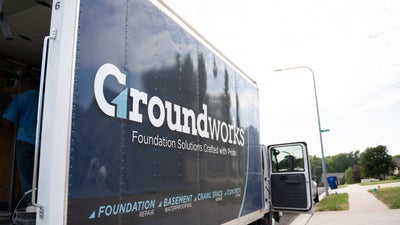
Groundworks teams offer a permanent, eco-friendly solution for maintaining level concrete surfaces. Our PolyRenewal™ process provides superior lift and stabilization, ensuring your property’s concrete remains safe and stable. Contact us today for a free inspection and to learn more about our PolyRenewal™ process.